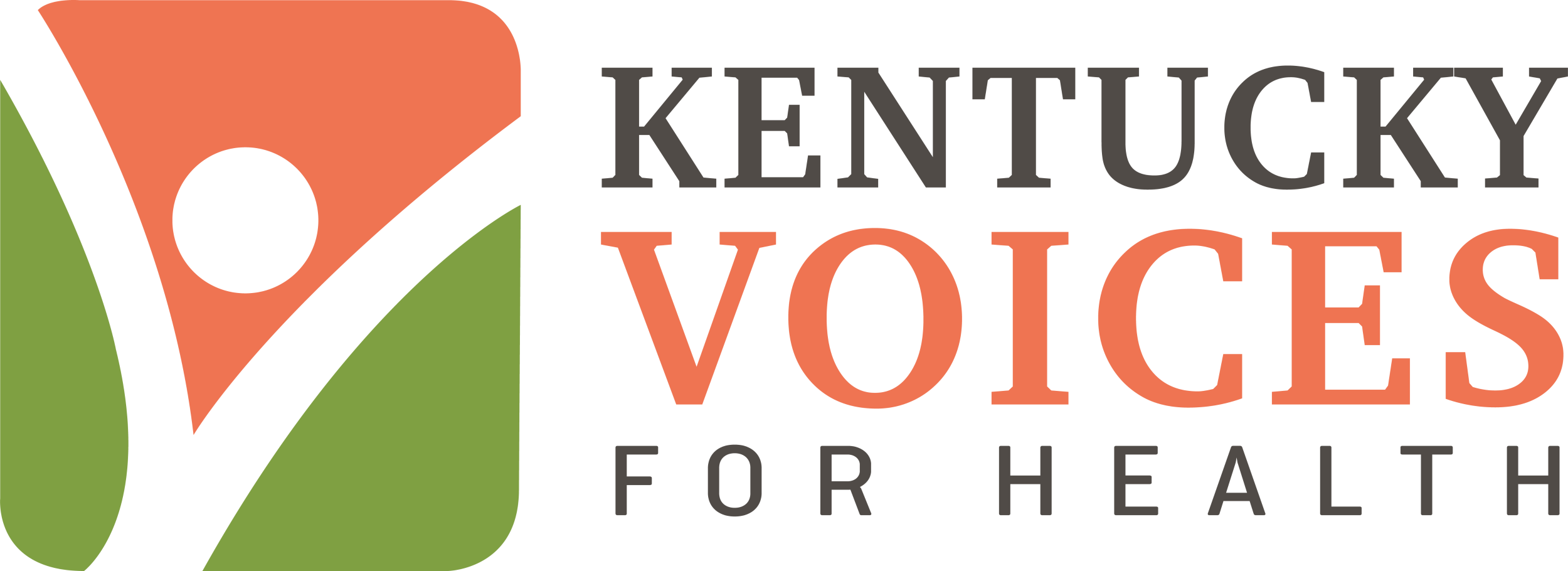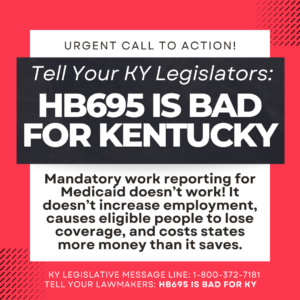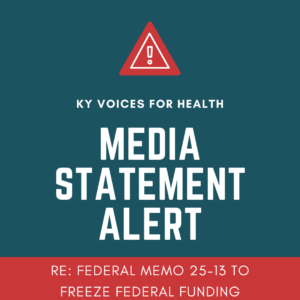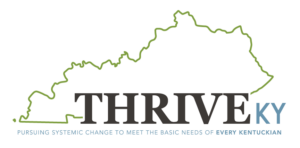Have you ever had a medical emergency, routine surgery, or given birth? If the answer is yes – then chances are, you have likely received some sort of surprise medical bill in your lifetime. But thanks to the new No Surprises Act legislation which went into effect January 1st, consumers have new relief from this common billing practice.
Before the No Surprises Act, if you had health insurance and received care from an out-of-network provider or an out-of-network facility, even unknowingly, your health plan may not have covered the entire out-of-network cost, leaving you responsible for the balance of the medical bills. These bills were common when someone sought emergency care at an in-network hospital but was unknowingly treated by an out-of-network provider or had a procedure scheduled with an in-network surgeon without being told that other providers on their care team were out-of-network. Even in cases where the facility was in-network, consumers have often faced surprise bills for separate services like anesthesia, imaging, and lab work. Studies show surprise medical bills average more than $1200 for anesthesia, $2600 for surgical assistant fees, and $750 for childbirth.
Studies show surprise medical bills average more than $1200 for anesthesia, $2600 for surgical assistant fees, and $750 for childbirth.
In addition to any out-of-network cost sharing you might have owed, the out-of-network provider or facility could bill you for the difference between the billed charge and the amount your health plan paid. This is called “balance billing.” Over the years, consumers have regularly reported receiving surprise medical bills. More than half of US consumers report having received an unexpectedly large medical bill. In fact, Kentucky ranked sixth among states in the percentage of adults reporting past due medical bills in 2015. And in 2018, nearly one-third of privately-insured Kentucky adults received an unexpected medical bill which charged an amount higher than expected, was received from a doctor they didn’t expect, or charged out-of-network rates when they thought the doctor was in-network. The No Surprises Act legislation was designed specifically to protect consumers from these types of excessive bills which can be financially devastating.
The No Surprises Act was signed into law on December 27, 2020 and protects people both with insurance and without insurance or those who self-pay for medical services. If you have coverage through Medicare, Medicaid, Indian Health Services, Veterans Affairs Health Care, or TRICARE, you’re already protected against surprise medical billing.
Beginning January 1, 2022, these rules now ban four key things:
1. Ban surprise billing for emergency services.
2. Ban balance billing and out-of-network cost-sharing.
3. Ban out-of-network charges and balance billing for ancillary care.
4. Ban certain other out-of-network charges and balance billing without advance notice.
For consumers who get coverage through their employer (including a federal, state, or local government), through the state-based marketplace also known as kynect, or directly through an individual health plan, beginning January 1, 2022, these rules now ban four key things:
- Ban surprise billing for emergency services
- Emergency services, even if they’re provided out-of-network, must be covered at an in-network rate without requiring prior authorization.
- Ban balance billing and out-of-network cost-sharing (like out-of-network coinsurance or copayments) for emergency and certain non-emergency services.
- Your cost for the service cannot be higher than if these services were provided by an in-network provider
- Any coinsurance or deductible must be based on in-network provider rates
- Ban out-of-network charges and balance billing for ancillary care (like an anesthesiologist or assistant surgeon) by out-of-network providers at an in-network facility
- Ban certain other out-of-network charges and balance billing without advance notice
- Health care providers and facilities must provide you with a plain-language consumer notice explaining that patient consent is required to get care on an out-of-network basis before that provider can bill you
For Kentuckians who are without insurance or who self-pay for medical bills, the No Surprises Act also provides two important protections:
- Providers and facilities must:
- Provide the good faith estimate before an item or service is scheduled, within certain timeframes.
- Offer an itemized list of each item or service, grouped by the provider or facility offering care. Each item or service has to have specific details, like the healthcare code assigned to it and the expected charge.
- Explain the good faith estimate to you over the phone or in-person if you request it, and then follow up with a written (paper or electronic) estimate.
- Provide the good faith estimate in a way that’s accessible to you.
- For services provided in 2022, you can dispute a medical bill if your final charges are at least $400 higher than your good faith estimate and if you file your dispute claim within 120 days of the date on your bill.
These protections are enforced in the No Surprises Act by creating a consumer right to a new patient-provider dispute resolution process. Starting January 1, 2022, if you’re uninsured or self-pay, you should receive a good faith estimate of the potential costs for your care from healthcare providers when you schedule to get that care or if you call and request an estimate. After you get the care, if you’re billed for an amount that’s more than $400 over the good faith estimate you got when scheduling your care, you can use the patient-provider dispute resolution process to determine a payment amount. This process uses a third-party arbitrator to review your good faith estimate, final bill, and other information submitted by your provider or facility.
Starting in January 2022, if you have health insurance and think your health plan’s decision not to pay part or all of a claim for service is in violation of the new surprise billing protections (sometimes referred to as “No Surprises” rules), you can appeal that decision. You can use the external review process described in your plan documents and denial notices to request the external review of your plan’s decision.
The No Surprises Act legislation works to protect consumers from expensive medical bills.
The No Surprises Act legislation works to protect consumers from expensive medical bills. While the law does not address one major source of surprise medical bills – ground transportation like ambulances – this gap can still be addressed through state legislation, which Kentucky legislators should be urged to pass. Overall, however, the No Surprises Act provides important new rights and protections for consumers beginning this year.
To learn more about the No Surprises Act or the dispute resolution process, check out this link for more: Ending Surprise Medical Bills.
To learn more about the author, visit: https://kyvoicesforhealth.org/our-team/.




